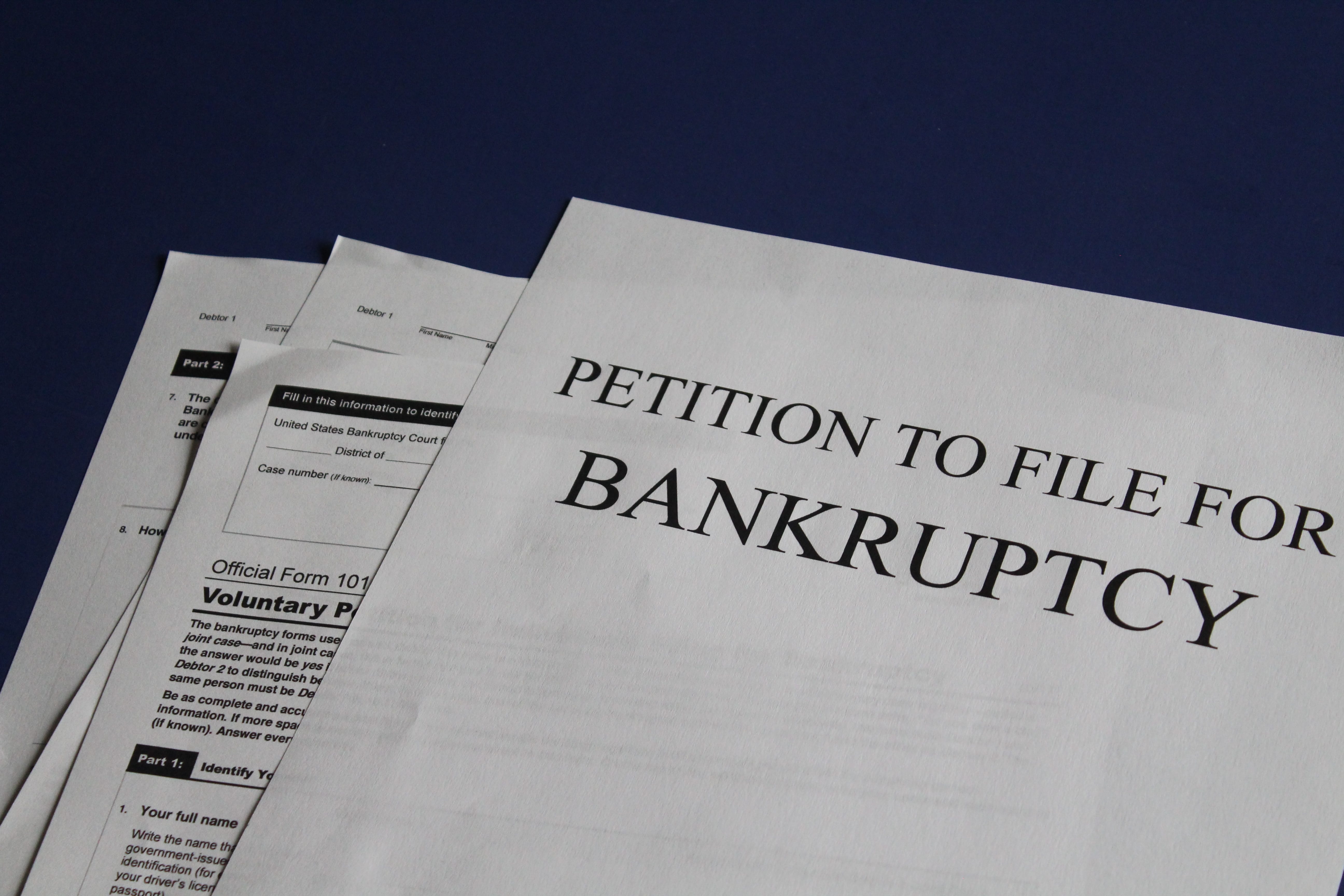Don’t let debt hold you back. Take the first step towards financial freedom by consulting with a bankruptcy attorney today.
Are you struggling with overwhelming debt and feeling like there’s no way out? If so, you’re not alone. Many people find themselves in similar situations, but there are options available to help you get back on your feet. Chapter 7 bankruptcy can provide a fresh start and a chance to rebuild your financial future.
What is Chapter 7 Bankruptcy?
Chapter 7 bankruptcy is a legal process that allows individuals and businesses to eliminate their debts. It is a complex process, so it’s important to understand the basics before making a decision.
There are two main types of Chapter 7 bankruptcy: liquidation and reorganization. In a liquidation, the bankruptcy court will sell your assets to pay off your creditors. In a reorganization, you will develop a repayment plan to pay off your debts over time.
Who is Eligible to File for Chapter 7 Bankruptcy?
Not everyone is eligible to file for Chapter 7 bankruptcy. To be eligible, you must meet certain income requirements. You must also be able to prove that you are unable to pay your debts.
If you are considering filing for Chapter 7 bankruptcy, it’s important to consult with a qualified bankruptcy attorney. They can help you determine if you are eligible and explain the process in detail.
What are the Benefits of Chapter 7 Bankruptcy?
There are several benefits to filing for Chapter 7 bankruptcy. Chapter 7 bankruptcy can offer numerous benefits, including eliminating debts, stopping creditor harassment, and potentially protecting assets like your home or car.
What are the Drawbacks of Chapter 7 Bankruptcy?
There are also some drawbacks to filing for Chapter 7 bankruptcy. Chapter 7 bankruptcy can also have drawbacks, such as damage to your credit score, potential loss of assets, and the possibility of facing social stigma.
How to Find a Qualified Bankruptcy Attorney
If you are considering filing for Chapter 7 bankruptcy, it’s important to find a qualified bankruptcy attorney. They can help you navigate the process and ensure that you are protected.
To find a qualified bankruptcy attorney, consider asking for referrals, checking online reviews, interviewing potential attorneys, and ensuring the attorney has experience handling Chapter 7 bankruptcy cases.
Understanding the Bankruptcy Process
Beyond the initial filing, Chapter 7 bankruptcy involves several key steps:

Credit Counseling: Before filing, you’ll need to complete a credit counseling course approved by the U.S. Trustee Program. This course will provide you with information about financial management and debt.
Asset Evaluation: The bankruptcy court will assess your assets to determine if any can be liquidated to repay your debts.
Meeting of Creditors: A meeting is held where creditors can question you about your finances and assets.
Discharge: If the court approves your case, you’ll receive a discharge order that eliminates most of your debts.
The Importance of a Chapter 7 Bankruptcy Attorney
Navigating the complexities of Chapter 7 bankruptcy can be daunting. That’s why having a qualified bankruptcy attorney by your side is important.
A qualified bankruptcy attorney can provide expertise and guidance, protect your rights, offer personalized advice, alleviate stress, and increase your chances of a successful Chapter 7 bankruptcy filing.
Chapter 7 bankruptcy can be a powerful tool for individuals and businesses overwhelmed by debt. By understanding the process, benefits, and potential drawbacks, you can make an informed decision about whether it’s the right path for you.
A qualified Chapter 7 bankruptcy attorney is invaluable in navigating the complexities of Chapter 7 bankruptcy. They can provide expert guidance, protect your rights, and help you achieve a fresh start.
Don’t let debt hold you back. Take the first step towards financial freedom by consulting with a bankruptcy attorney today.


Join the conversation!